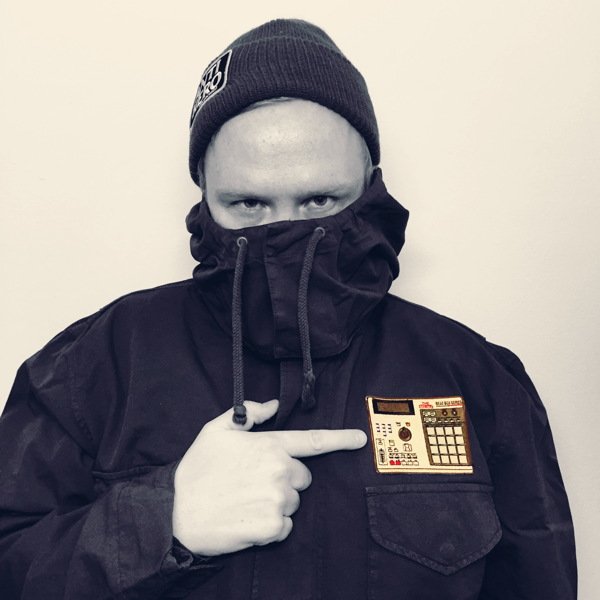By
NearTao
Tue Jul 25, 2023 1:54 pm
If you're experiencing "booing" or unwanted sounds being added to your recordings, there are several potential causes for this issue. Here are some common reasons why it might be happening:
1. **Audio Interference**: External interference, such as electromagnetic interference from nearby electronics, power cables, or cell phones, can introduce unwanted noise into your recording.
2. **Software Glitches**: Sometimes, software bugs or glitches in your recording software or plugins can lead to unexpected artifacts or sounds in the recordings.
3. **Hardware Issues**: Faulty or damaged audio cables, connectors, or audio interfaces can introduce noise or unwanted sounds into your recordings.
4. **Microphone Problems**: If you're using a microphone, it could be picking up ambient noise, room reflections, or even mechanical noises from the microphone itself.
5. **Background Noise**: The recording environment might have background noise, like fans, air conditioning, or other equipment, which can inadvertently be captured in the recording.
6. **Audio Effects or Processing**: If you're using audio effects or plugins during recording or post-processing, they could be introducing the unwanted sounds.
7. **Audio Source**: If you're using samples or audio files from other sources, they might contain the "booing" sound, and it's being unintentionally added to your recording.
8. **Audio Routing**: Incorrect audio routing or monitoring setup can lead to audio feedback loops or crosstalk, causing unwanted sounds to be recorded.
To address the issue, you can try the following steps:
- **Isolate the problem**: Check if the "booing" sound is present in your raw audio source (before any processing) to determine if it's originating from the recording environment or hardware setup.
- **Check your gear**: Inspect all your equipment, cables, and connectors for damage or loose connections. Consider using different cables or trying a different audio interface if possible.
- **Noise reduction**: If you can identify the specific "booing" sound, you may try using noise reduction techniques or plugins to minimize its impact.
- **Recording environment**: Optimize your recording space by minimizing background noise and using acoustic treatment if needed.
- **Software and plugins**: Ensure you're using up-to-date software versions, and try disabling plugins one by one to identify if any specific plugin is causing the issue.
- **Monitoring setup**: Verify your monitoring setup to prevent audio feedback or crosstalk issues during recording.
- **Test different sources**: If you're using samples or audio files, try different sources to see if the issue persists with each one.
If the problem persists despite your efforts to troubleshoot, it may be beneficial to consult with a professional audio engineer or technician. They can help analyze your specific setup and provide personalized solutions.
Remember to keep backups of your work at different stages of the production process, so you can revert to previous versions if needed. This way, you won't risk losing your work due to unforeseen issues.








